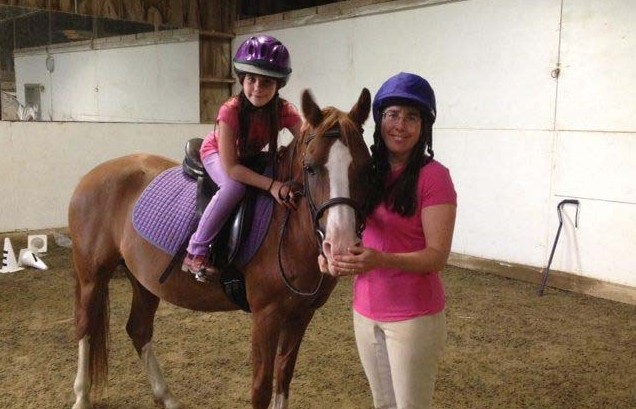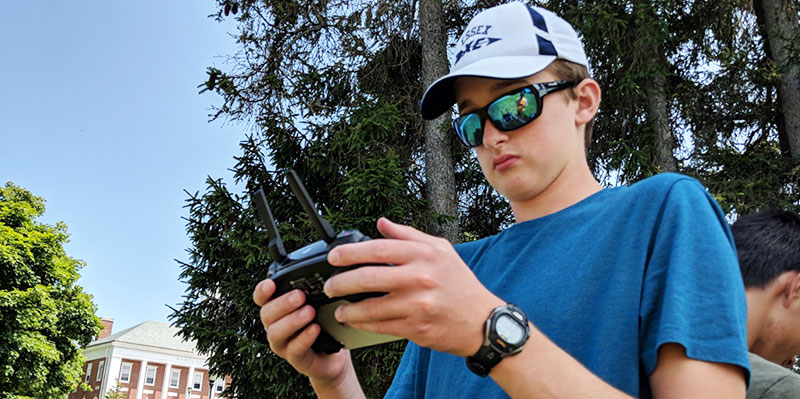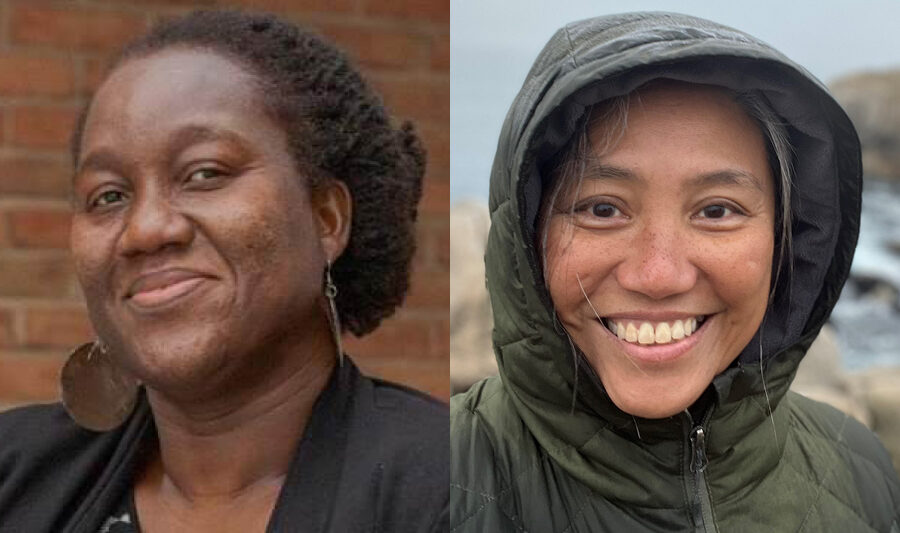By Danra Kazenski, PhD, CCC-SLP
What do Julia Roberts, Marilyn Monroe, Emily Blunt, Shaquille O’Neill, Joe Biden, and Darth Vader have in common? They are all people who stutter(ed). About five percent of children start to stutter, and one percent will continue to stutter as adults.
Three million Americans and 6,000 Vermonters stutter, not because they are nervous or have emotional problems, but because they have a complex speech disorder. While the cause of stuttering is unknown, findings suggest that genetics, temperament, and differences in brain connectivity play a role.
So what should parents do if their child is stuttering? Many pediatricians recommend ignoring the stuttering, which rings true in most cases, since about 75 percent of kids recover naturally (especially girls with strong language skills). Even though many children who stutter recover on their own, some do not outgrow it. It’s important for parents to seek a speech-language pathologist (SLP) evaluation for a child who stutters, if the stuttering has not disappeared or improved after six months, or if the child reacts negatively to the stuttering.
Research and Treatment for Stuttering in Children
With children under age four, or who just started to stutter, we help parents change aspects of the environment so that fluency at home will be facilitated using parent-child interaction strategies (e.g., patient listening, commenting more than questioning, slowing speech rate like Mr. Rogers, and reducing overall speaking pressure/interruptions).
For preschoolers and young school-age children, we typically use the Lidcombe Program, a parent-delivered therapy that has the strongest evidence base in our field. Parents learn to provide praise and gentle feedback in natural conversations throughout the day with the help of a trained clinician. Based on our research and international data, children in this program typically take about four months before they are fluent. Their fluency is then monitored carefully for one year to address any relapse, as needed.
Another of our current research projects includes an implementation study sponsored by the Vermont Agency of Education. The project aims to support all young children who stutter in EEE programs, to identify barriers to effective treatment, and to train as many local SLPs as possible so families can access the treatment they need at the right time.
For older or more sensitive children who may be teased about stuttering, we also work with the family to address the emotional side of stuttering. This can mean drawing and naming their stutters, having fun stuttering competitions to see who can stutter the loudest or silliest, or creating a Jeopardy-type presentation to share in their class or with the entire school.
Stuttering in Adolescence and Adulthood
Chronic stuttering in older teens and adults may not go away, but it can be controlled successfully with long-term practice and stuttering-management techniques. We use a “Superfluency” approach, which is a combination of fluency shaping and stuttering modification to help move through stutters in a relaxed way, instead of “pushing” or avoiding words altogether. This may include voluntary stuttering (on purpose), easing into the first sound of the word, or gradually releasing the tension associated with a stutter. Adults often develop habits to avoid saying certain words (e.g., their name) or hide the stuttering, and we work with them to help “put it out there,” to try to be OK in that moment using mindfulness and cognitive-behavioral techniques, and to move toward self-acceptance of stuttering.
Stuttering Support at UVM
Surprisingly, many have never met another person who stutters. UVM offers a number of supportive opportunities to connect the stuttering community from around the state. For example, Dr. Barry Guitar has been hosting an adult stuttering support group at UVM for more than two decades. Based on interest from Burlington families to build a wider support network for people of all ages who stutter and for those who live far from Burlington, we established a new National Stuttering Association (NSA) Chapter in September 2014.
We are one of 80 local chapters around the country, the world’s largest association of people who stutter. We now provide three free support groups for kids, teens, and adults, which meet monthly. To connect Vermonters who live a greater distance from Burlington, we have been able to Skype with a child in Newport and with the NSA Chapter in Duluth, Minnesota.
Attending support groups (which are not therapy focused), in combination with individual treatment, is invaluable for people who stutter. With an average of eight attendees, the groups provide a space where people can talk openly about their stuttering with people who understand. The groups are open for people to drop in and chat about the difficulties stutterers face, such as talking on the phone, ordering food at a drive-thru, and doing presentations at school or work.
We also have enthusiastic college-age mentors (see the WCAX story about Ben Manning, linked below) who stutter and attend our groups as role models for the younger kids. They help children talk more openly about their stuttering and discuss how it does not define them. Overall, the groups are a casual way to connect people who stutter and to provide a safe space where they certainly are not alone.
The UVM speech clinic, the Eleanor M. Luse Center, invites anyone from the stuttering community around Vermont to connect with us to find ways to support you either individually or as part of our groups.
Danra Kazenski, PhD, CCC-SLP, is a Clinical Assistant Professor in the UVM Communication Sciences and Disorders Department. For more information, contact Danra Kazenski (dkazensk@uvm.edu, 656-0250) or Dr. Barry Guitar (bguitar@uvm.edu).
More Information
NSA Burlington Chapter Website
Eleanor M. Luse Center (UVM Speech, Language and Hearing Clinic)
National Stuttering Association
American Speech-Language-Hearing Association





